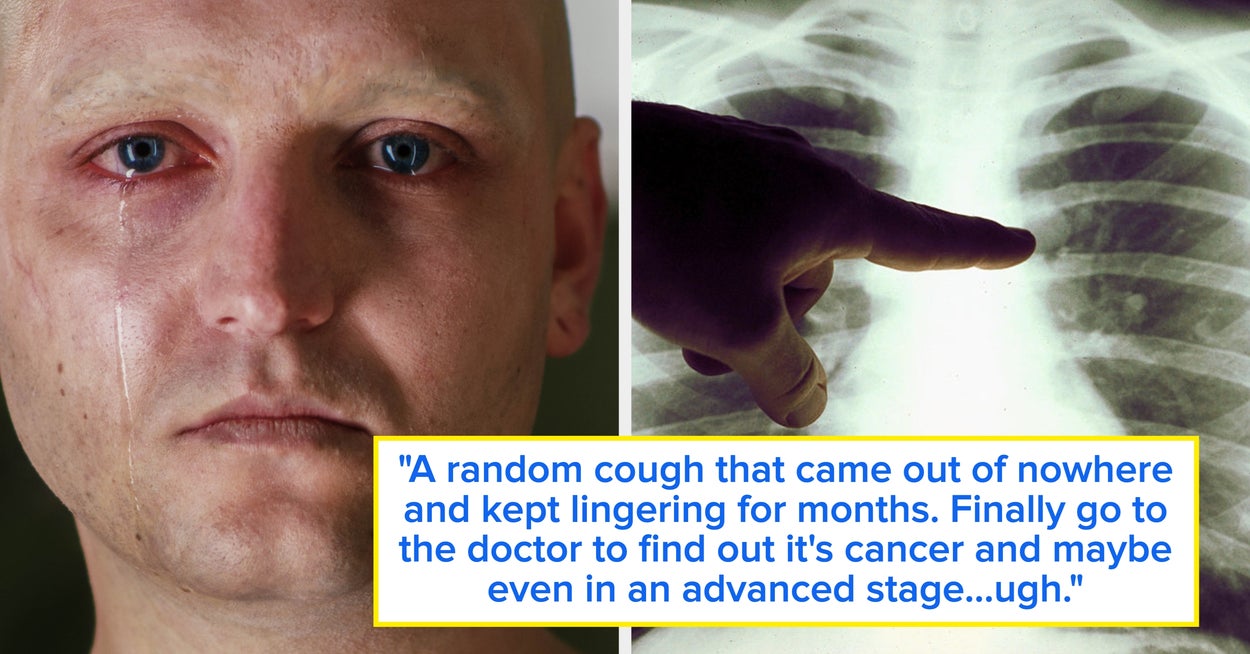In the fight against cancer, early detection is often the key to successful treatment. However, many individuals overlook subtle symptoms that could be indicative of more serious health issues. This oversight can sometimes lead to late-stage diagnoses, where treatment options may be limited. A poignant story shared by a family member highlights the importance of paying attention to persistent health changes.
One woman recounted her mother’s experience with a sore that refused to heal. It was only after her mother was hospitalized and diagnosed with stage 4 cancer that the severity of the situation became clear. The sore, located under her armpit, had been present for over a year, unnoticed by others and underestimated by her mother. “I just feel like if she’d gone in when she noticed it not healing in the beginning, she maybe would have had a chance to fight it,” she lamented.
The Importance of Early Detection
Early detection of cancer can significantly increase the chances of successful treatment. According to the American Cancer Society, cancers detected at an early stage, when they are small and have not spread, are more likely to be treated successfully. This underscores the necessity for individuals to be vigilant about changes in their bodies and to seek medical advice when something seems amiss.
“Cancers detected at an early stage, when they are small and have not spread, are more likely to be treated successfully.” — American Cancer Society
Common Overlooked Symptoms
Many symptoms of cancer can be subtle and easily attributed to less serious conditions. Commonly overlooked signs include persistent sores, unexplained weight loss, chronic fatigue, and changes in bowel or bladder habits. While these symptoms do not always indicate cancer, they should not be ignored, especially if they persist over time.
Expert Opinions on Early Symptom Recognition
Dr. Jane Smith, an oncologist at the National Cancer Institute, emphasizes the importance of awareness and regular health check-ups. “People often dismiss symptoms that seem minor or inconvenient. However, these can be early warning signs of more serious conditions, including cancer,” she explains. Dr. Smith advises individuals to maintain regular health screenings and to consult healthcare providers when they notice persistent changes in their health.
“People often dismiss symptoms that seem minor or inconvenient. However, these can be early warning signs of more serious conditions, including cancer.” — Dr. Jane Smith, Oncologist
Historical Context: Lessons from the Past
Historically, the medical community has seen significant advancements in cancer detection and treatment. In the past, many cancers were not diagnosed until they reached an advanced stage, primarily due to a lack of awareness and limited diagnostic tools. Today, with improved technology and increased public awareness, early detection rates have improved, leading to better outcomes for many patients.
However, the challenge remains in educating the public about the importance of recognizing early symptoms and seeking timely medical advice. Campaigns and public health initiatives continue to play a crucial role in spreading awareness and encouraging proactive health measures.
Looking Forward: The Role of Education and Awareness
Moving forward, the focus on education and awareness is paramount. Healthcare professionals and organizations are working tirelessly to inform the public about the importance of early detection and the potential signs of cancer. By fostering a culture of awareness and encouraging regular health check-ups, the hope is to reduce the number of late-stage cancer diagnoses and improve survival rates.
For individuals, the message is clear: pay attention to your body, recognize changes, and seek medical advice when necessary. Early detection not only increases the chances of successful treatment but also empowers individuals to take control of their health and well-being.
As the fight against cancer continues, stories like the one shared by the woman about her mother serve as a powerful reminder of the importance of vigilance and proactive health management. By recognizing early symptoms and seeking timely medical intervention, individuals can significantly impact their health outcomes and potentially save lives.
